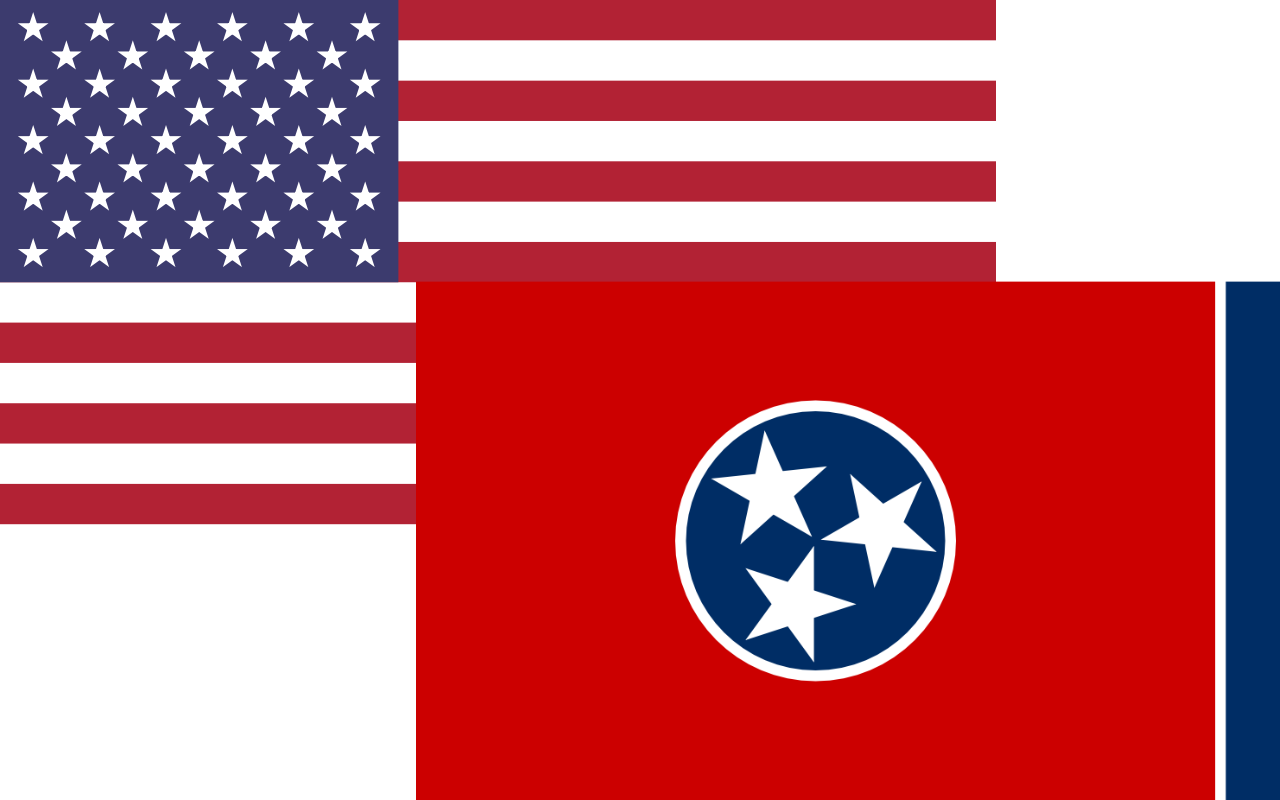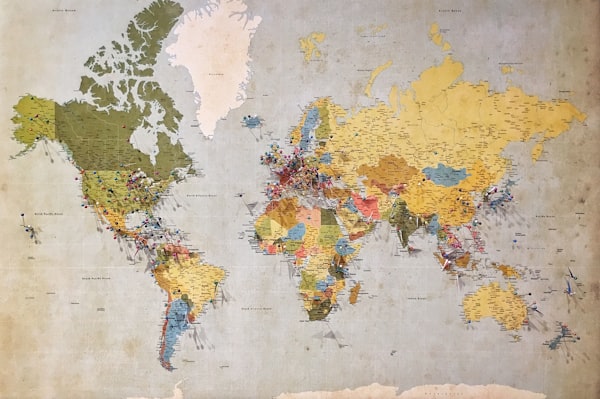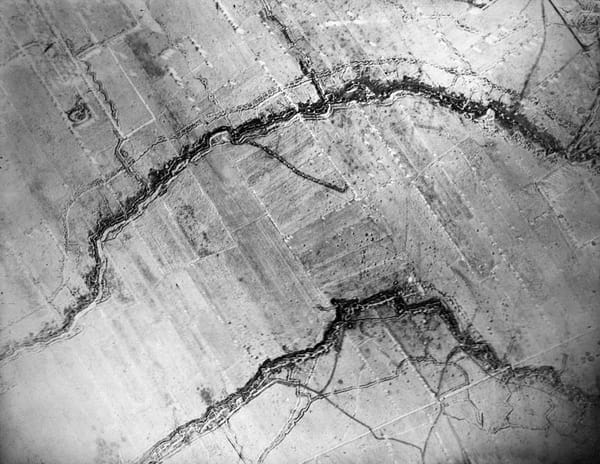State and Government Powers

In the United States government, the federal government and the states each have their powers that only they can exercise, and some that both types of government have.
Federal Powers
The Federal government has powers that the states do not have. Some of these include:
- Coining money
- Regulating interstate and international commerce
- Running the post office
- Declaring war
- Raising armies
- Conducting foreign affairs
- Establishing inferior courts
- Establishing rules of naturalization
Concurrent Powers
Both the state and federal governments have these powers:
- Taxation
- Lawmaking and law enforcement
- Chartering banks and corporations
- Taking land for public use (e.g. to build a highway)
- Borrowing money
State Powers
Only the state governments have these powers:
- Conducting elections
- Establishing local governments
- Providing for public health, safety, and welfare
- Maintaining a militia
- Ratifying Constitutional amendments
It is important to note that states' decisions can be influenced by government mandates, which require the states to meet a specific condition to receive federal aid. For example, the federal government issued a mandate for raising the minimum drinking age, and Wyoming did not comply for a time. Because of this, they were not given money for building highways.




